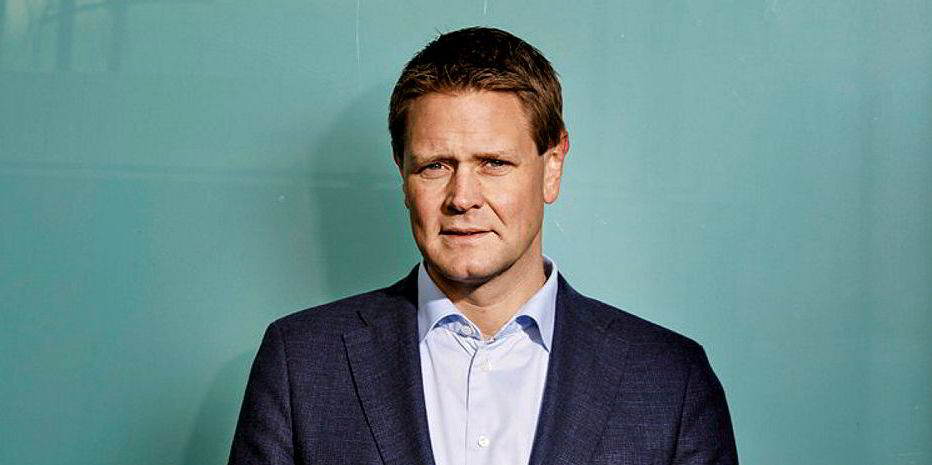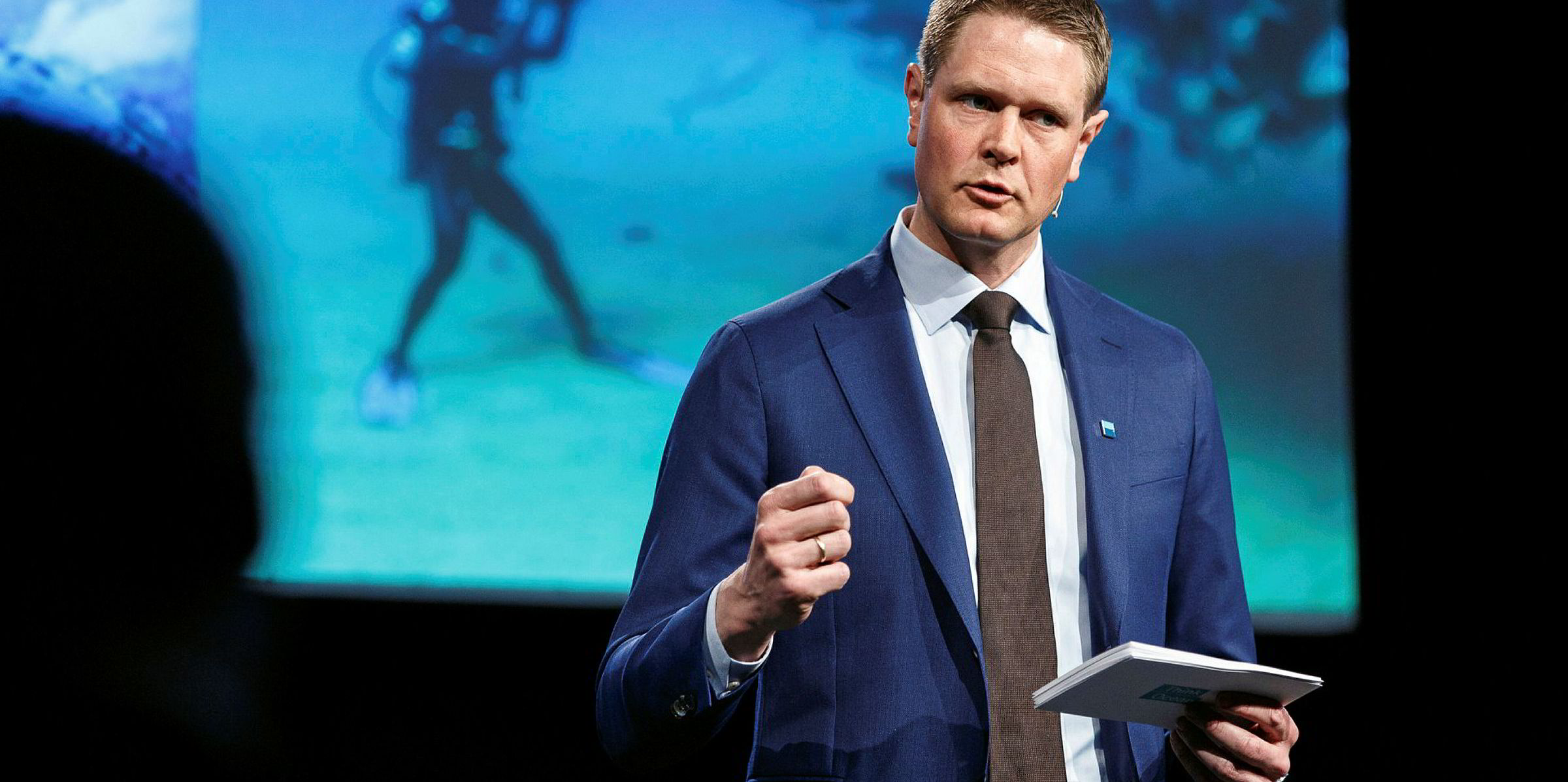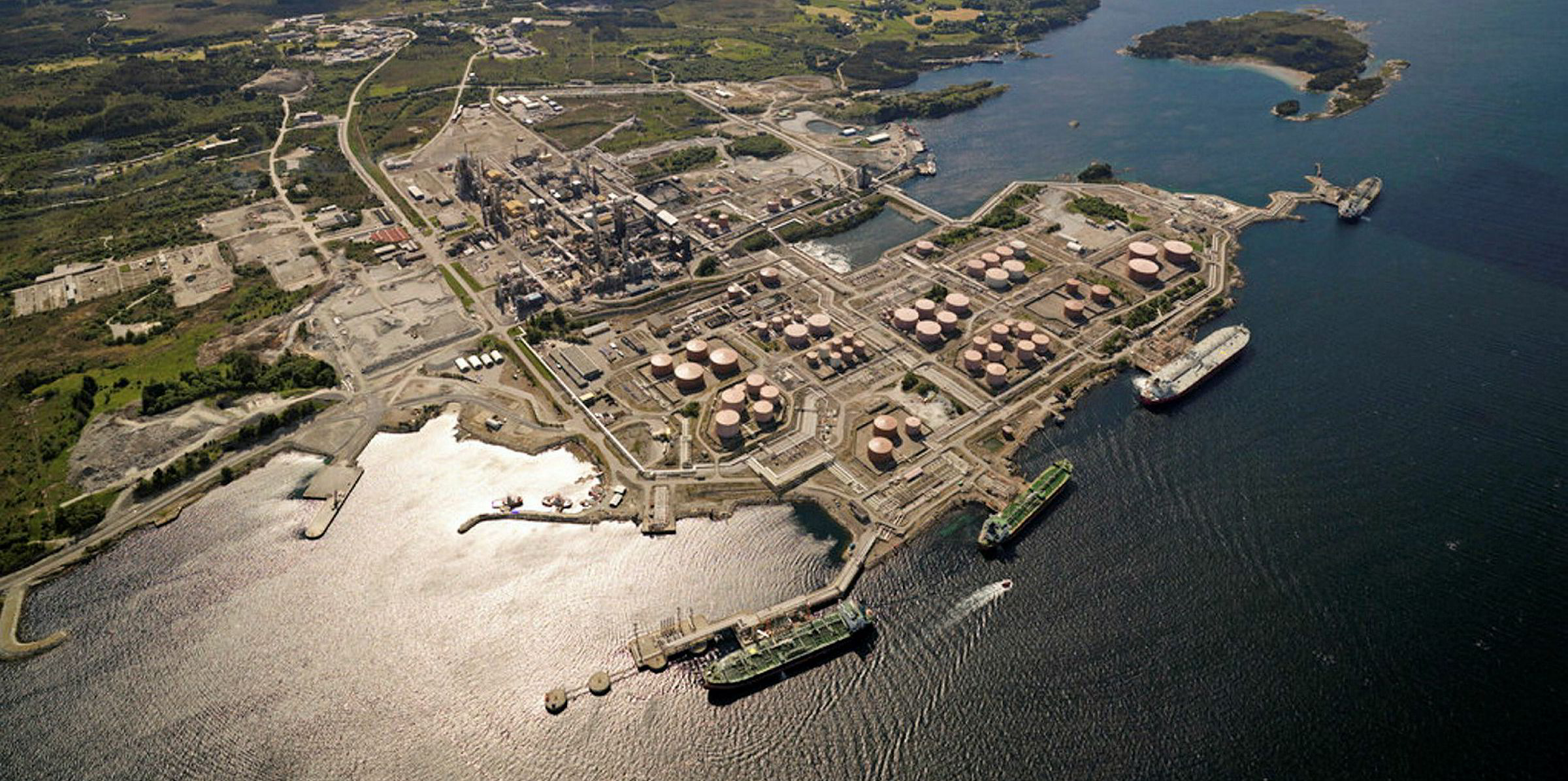Two initiatives to push shipping towards zero-emission ambitions by 2050 were unveiled in the past week, setting out a vision to use green technological investment as a way to propel the world out of a coronavirus-led recession.
Ambitious Scandinavian proposals will inevitably bump up against severe economic difficulties caused by the pandemic, with many problems taking months, if not years, to iron out. Companies and countries facing financial difficulties or cash shortages will be a block in the way.
Last week, the Norwegian Shipowners' Association (NSA) set far-reaching goals for its members that included only ordering zero-emission ships within 10 years and making their entire fleet climate neutral by 2050 as part of a push for an international ban on non-carbon fuels by then.
This week AP Moller-Maersk — working with Copenhagen Airports, DSV Panalpina, DFDS, SAS and wind power company Orsted — set out plans for a green hydrogen and e-fuel production facility which, when fully scaled-up by 2030, could deliver more than 250,000 tonnes of sustainable fuel for buses, trucks, ships and planes every year.
Both the Norwegians and Danes see opportunities for leading the way in developing renewable fuel industries linked to their maritime business clusters and strategies.
But even within Europe — let alone the rest of the world — there are siren voices warning that the financial fallout from Covid-19 will decimate sections of shipping and other industries. The implication is that neither they nor governments will be able to afford massive new risky and expensive investments when the priority will be survival and recovery.
More than half of the members of the European Community Shipowners’ Association responded to a survey by saying planned investments will either have to be cancelled or put on hold after the crisis abates. Only 26% said they expect to go ahead as planned with investments to reduce emissions, while 30% would proceed at a lesser extent, and 44% would not be able to do so.
The cleaner air being experienced globally due to lower pollution from less air and car travel are factors that could push public support behind green investments
German shipowners’ association VDR said the country’s shipping industry is heading for a crisis that poses a risk to the survival of many companies. Although it supports research into green shipping solutions, it urged the government not to impose further taxes on the sector.
Financial hardship is why shipping analyst Maritime Strategies International has predicted a loss of confidence and reduced vessel demand will wipe away 50m gt in aggregate shipbuilding activity over the next five years.
NSA chief executive Harald Solberg told TradeWinds that he accepts Covid-19 may slow zero-emission development in the short term. But he expects climate regulations to become tougher over the longer run, and that it is wise for shipping to get together ahead of the game.
“There are now strong indications that the authorities will implement several measures that will stimulate the development of new, green technology,” he said.
As he spoke, members of the European Parliament voted strongly for the European Commission to deliver a €2trn ($2.16trn) coronavirus recovery fund prioritising the proposed Green Deal agenda to transform Europe into the world's first net-zero continent by 2050.
At the same time, more than 150 international companies, operating across 33 countries, signed a statement backed by the United Nations asking governments around the world to align their Covid-19 economic aid and recovery efforts with science-based climate goals.
The cleaner air being experienced globally due to lower pollution from less air and car travel are factors that could push public support behind green investments. As researchers have already made clear, much of the heaviest spending will be needed on land-based facilities to produce cleaner fuels.
But it will be a question of government priorities. There will be a lot of lobbying one way and another before it becomes clear whether there is international willingness to accept Covid-19 as a wake-up call to clean up, or whether the world slips back into business as normal.
Amid the coronavirus crisis, without big ambitions and a willingness to engage, shipping will have to be pushed into facing up to its responsibilities for cutting emissions if the world is to avoid a climate crisis.







